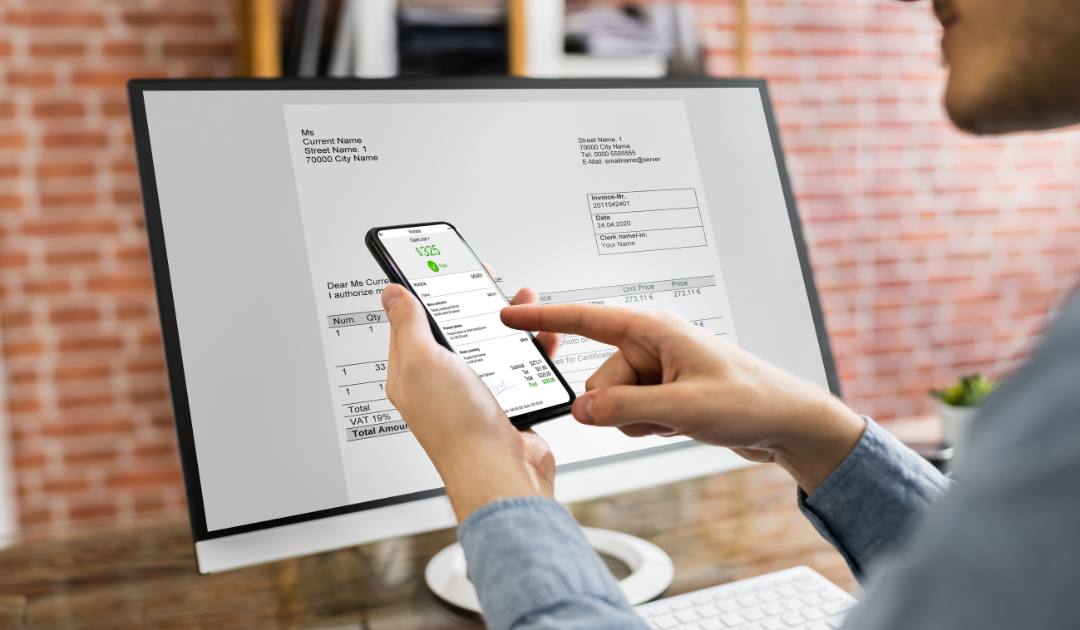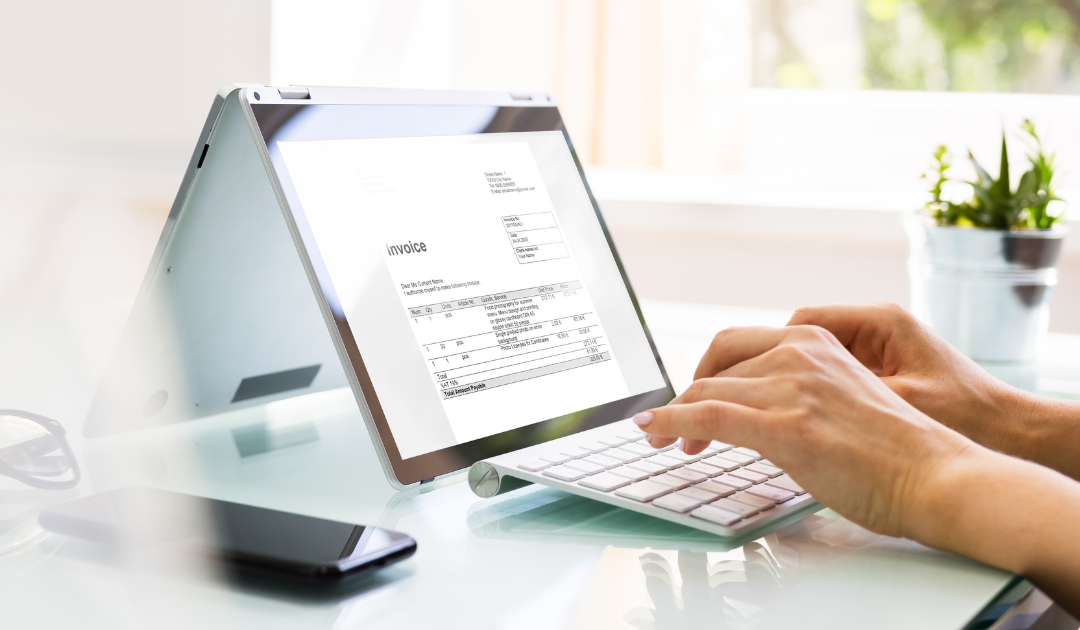What is Bookkeeping?

At its most basic level, bookkeeping is the recording of financial transactions undertaken either by an individual or an organisation. A bookkeeper will systematically record everything that has been bought, sold or owned by a company. They will maintain complete sets of financial records (e. g. sales invoice, sales receipt, supplier and bank payments, etc.), keep track of accounts, and corroborate the accuracy of the procedures used for recording financial transactions.
A bookkeeper records financial transactions of your business in a systematic manner. Such transactions need to be identified, accepted, classified, and recorded in a way that allows them to be presented in the form of financial statements.
Thus, a bookkeeper performs a host of activities including:
- Collecting financial data
- Recognising transactions of monetary nature and measuring them in terms of money
- Recording the financial impact of the monetary transactions
- Classifying the effects of the financial transactions
- Preparing organised financial statements
Every business needs a bookkeeper as they need to manage their books of accounts effectively. Further, they need to meet the requirements of filing tax returns and financial statements with their local Revenue authorities.
How to Become a Bookkeeper?
In order to undertake bookkeeping effectively, there are certain skills you need to master. In this section, we will discuss how to become a bookkeeper.
Most employers prefer hiring bookkeepers who possess a relevant qualification.
Training in bookkeeping involves:
- Learning double-entry bookkeeping
- Online accounting software
- Managing payroll
- Accounts payable and accounts receivable
- Learning hard skills like analytics
- Technology skills
- Functional accounting and finance skills
- Leadership or management training
- Soft skills like writing negotiation and presentation
A Professional Diploma in Computerised Accounts & Payroll is an ideal qualification for somebody looking to gain and certify their bookkeeping skills. Professional Diplomas are short sharp skills-based programmes designed specifically for learners who want to develop skills, to future proof their employability. These short, expert practitioner-led courses offer a flexible and more targeted way to gain desired skills and knowledge.
The Computerised Accounts and Bookkeeping course is designed to develop your knowledge of bookkeeping and accounting. The course will give you a good understanding of the principles used in the preparation of financial statements, including how to prepare and interpret basic financial statements. The course will also cover costing and budgeting, cash flow forecasting and analysis, taxation issues, preparing budgets and cash flow forecasts.
The course will also look at how accounting software can be used to record transactions so that they are easily accessible for processing at a later date.
The aim of the programme
The aim of the Professional Diploma in Computerised Accounts & Payroll is to produce graduates who are capable of working in an accounting environment. Graduates will be able to undertake the following tasks:
- Accounts preparation and analysis
- Bank reconciliations
- Cash management and petty cash systems
- Reconciliation of bank statements, general ledgers and other financial records
- Payroll preparation, including time recording and calculating gross pay for employees, tax and National Insurance contributions
- Managing a payroll database using payroll software and extracting information from that database for management reporting purposes
- Preparing VAT returns, including inputting data into VAT software packages such as Quickbooks online
- Management accounting techniques such as budgeting, cost-volume-profit analysis (CVP), variance analysis and activity based costing (ABC).
Is Bookkeeping Right for You?
Bookkeepers are the professionals who record the day-to-day transactions of a business in an organised manner. This process of identifying, accepting, classifying, and recording financial transactions requires attention to detail, multitasking, and undertaking a lot of number crunching.
If you are wondering whether bookkeeping is the right career choice for you, see the below list of essential skills required to excel as a bookkeeper:
- Keen interest in administrative and clerical procedures
- Comfort with numbers and other hard skills like understanding calculators, recordkeeping, etc.
- Attention to detail
- Data entry skills
- Have an understanding of operating accounting software to record and analyse financial data such as Intuit QuickBooks Online Accounting Software, Google Docs, Microsoft Office, etc.
- Enjoy set procedures and routines
- Love working with data
- Possess basic accounting and bookkeeping knowledge including bank reconciliation, debits, and credits, accounts receivable, accounts payable, accrual accounting, basic financial statements, journal entries, general ledger, etc.
- Payroll processing skills including payroll tax calculations, benefits calculation, depositing payroll taxes, payroll journal entries, reporting payroll taxes, etc.
- People and interpersonal skills like the ability to work with others, problem-solving, correcting errors, supervising, oral and written communication, etc.
- Ability to manage financial transactions and flow of cash including payments, billing, invoicing, payments, customer relations, etc.
- Capability to maintain confidentiality and thoroughness
Want to make a bigger impact in your career?
What’s a Typical Day for a Bookkeeper?
As mentioned above, a professional bookkeeper should be detail-oriented, enjoy working with data, be comfortable with routine procedures, and be comfortable with numbers.
The primary task of a bookkeeper is to keep a track of the financial transactions of a business and generate relevant and accurate reports. These reports help the accountants, as well as the business owners, understand the financial position of the business.
The following duties are common day-to-day tasks that make up a bookkeeper’s work day:
- Tracking cash flow with the help of online accounting software
- Tracking inventory and reporting any discrepancies.
- Recording daily transactions pertaining to customer accounts as well as internal accounts.
- Having a good understanding of double-entry bookkeeping.
- Recording purchase invoices in accounting and bookkeeping software, processing payables report, and taking permission from management to pay bills.
- Preparing and sending invoices to customers when they are due
- Reconciling bank statements with the company’s financial statements and matching various accounts in case of any errors.
- Preparing and processing payroll details.
- Ensuring the accuracy of statements in terms of correct journal entries, amounts, postings, etc.
- Adjusting journal entries when there is a need.
- Checking general ledger at regular intervals to ensure that the balances and accounts are accurate.
- Setting up and maintaining a chart of accounts in online bookkeeping software as per the double-entry system of accounting and accounting rules.
- Preparing financial statements including balance sheet, profit and loss statement, cash flow statement, and other financial reports at the end of every month.
- Undertaking online banking tasks including processing supplier payments, checking for customer payments, downloading or printing bank statements, etc.
- Ensuring that all the deadlines are met
- Dealing with bookkeeping documents such as cheques from customers, bank and credit card statements, purchase invoices, etc.
- Handling customer and supplier phone calls pertaining to invoices and payments.
- Following up with customers for overdue payments
- Following accounting policies and procedures
Everyday Transactions

The following section talks about everyday transactions including:
- Estimates, invoices, sales receipts, payments, deposits, credit notes, and customer statements.
- Generate and customise sales & customer reports to get more information about customers and sales.
- Staying on top of any money owed to you and sending timely reminders to customers
- Know what money comes out including bills, bill payments, cheques, electronic payments, debit card purchases, bills vs. cheques, petty cash, and supplier credits.
- Generate and customise expense & supplier reports to get more information about how and where you’re spending money.
- Set up inventory parts, purchase orders, receive items, adjust inventory.
- Set up, adjust, pay, and report sales taxes.
Special Transactions
Learn about special transactions including how to:
- Give and receive refunds.
- Record and/or apply credits offered to customers or received from suppliers.
- Record credit card transactions – and train QuickBooks to do this for you.
- Discover when (and how) to Void vs. Delete a cheque.
- Track customer deposits/down-payments.
In Summary
Whether you’re venturing into bookkeeping for your own interests, or you’re starting a new position with a company to track and manage their finances, having a solid understanding of bookkeeping is fundamental.
Professional Diplomas are short sharp skills-based programmes designed specifically for learners who want to develop skills, to future proof their employability. These short, expert practitioner-led courses offer a flexible and more targeted way to gain desired skills and knowledge.
A professional Diploma in Computerised Accounts & Payroll designed specifically for learners who want to develop skills, to future proof their careers as bookkeepers. With the wide adoption of online bookkeeping software and the push by Revenue to move to live reporting of business transactions, certified bookkeeping skills are increasingly in-demand. The evolution of computerised accounts provides people with certified skills, the opportunity to work remotely or start their own business.
Further Reading: